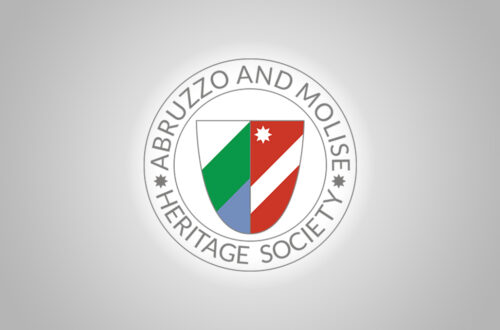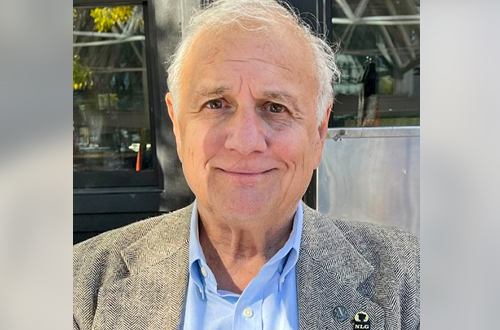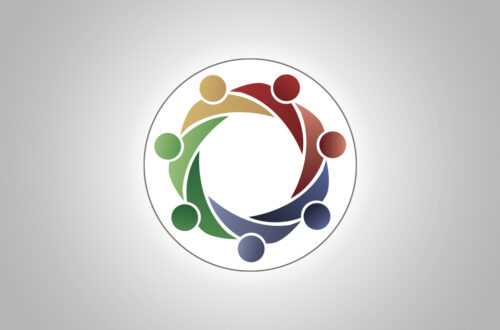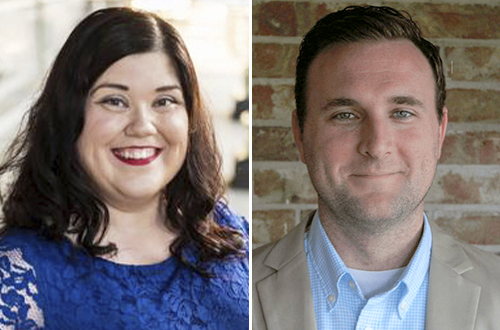
Legacy and Longevity Featured in AMHS Virtual Programs
By Nancy DeSanti, 1st Vice President-Programs
Two different but perhaps interrelated subjects — legacy and longevity — were the topics of two virtual AMHS talks recently.
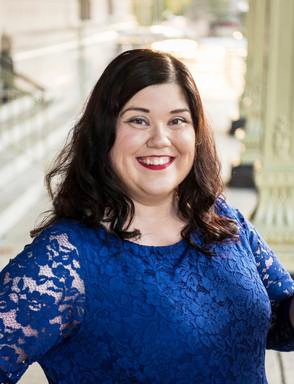
Credit: Courtesy of Stephanie Longo
Stephanie Longo gave a talk on May 20, 2023, on “Preserving and retelling local culture and traditions,” giving useful tips on researching one’s Italian-American legacy locally.
As an Italian-American historian, she has dedicated her life to celebrating and focusing on her family’s heritage. Born in Scranton, Pa., she holds dual Italian and American citizenship. Her family comes from the towns of Guardia Lombardi, in the province of Avellino in the region of Campania, and Lamezia Terme, in the province of Catanzaro in the region of Calabria.
Stephanie is well-known as an expert on the Italian-American history of northeastern Pennsylvania and has authored several works on the subject, including Italians of Northeastern Pennsylvania, Italians of Lackawanna County, andDunmore. She currently lives in Dunmore, Pa.
Her interest in her own family’s roots is longstanding, perhaps because the traditions have been a part of her life since childhood. She recalled dancing the tarantella at a local Italian festival when she was about five years old and poring over a map of Italy with her mother in a restaurant when she was about six. She never knew her grandfather but was inspired by him to research her family roots. Stephanie told us the story of how, at a book signing for one of her works, a man told her that he knew her grandfather, and he proceeded to tell her stories about him that she had never heard.
Stephanie is also currently the associate producer and chief administrative officer of The Italian-American Podcast. The podcast features a wide array of interesting topics, such as a recent one called “AI for IA” about artificial intelligence as it relates to Italian-American genealogy.
During her virtual talk, she listed some good resources such as We the Italians with interviews by journalist Umberto Mucci, and Ovunque Siamo, an online magazine focusing on new Italian- American writers. She gave suggestions on sourcing material, writing, and eventual publication, and advised being as transparent and objective as possible, and double-checking information. Oral history interviews are also important, she said, but cautioned that obtaining a signed release is always a good idea.
Stephanie also gave tips on researching one’s Italian-American legacy locally. Thinking about her advice, I had the idea of finding out the location where Mass was held before the cornerstone of Holy Rosary Church was laid in 1919. I discovered that it was in a townhouse at 83 H Street, N.W., Washington, D.C. The space was rented by Father Nicholas De Carlo in December 1913 and furnished with an organ and chairs donated by parishioners.
In urging everyone to preserve our local culture and traditions, Stephanie concluded by noting that “it’s not about ourselves, it’s about our ancestors and descendants.” Because after all, she said, “A people without knowledge of their history and culture is like a tree without roots.”
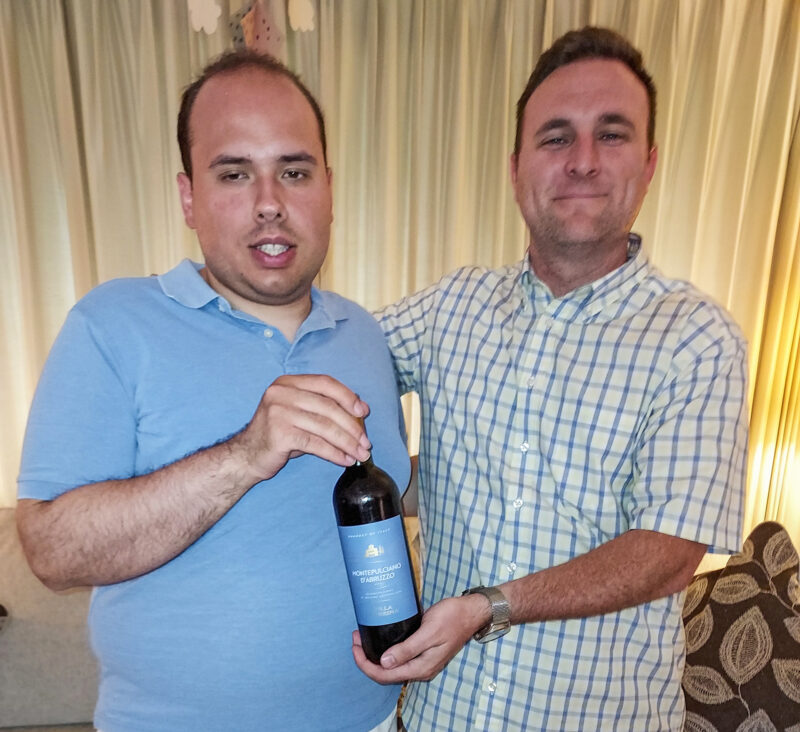
Credit: Joseph “Sonny” Scafetta, Jr.
John Michael Howard gave us a virtual talk on June 4, 2023, on “How to live to be 100.” He is a native of Texas with Italian roots on his paternal grandmother’s side of the family from Taranto in Puglia.
With a B.A. in psychology from the University of Dallas in 2016 and an M.S. in clinical counseling from Marymount University in Arlington, Va. In 2021, John currently works as a counselor in Arlington and lives in Northeast Washington, D.C.
During his talk, John told us about a man who was the epitome of longevity — Joe Rollino, a strong man and a lifelong vegetarian who never smoked or drank alcohol, and who lived to be 104. One of 14 children born to Italian immigrant parents in the Coney Island section of Brooklyn, N.Y. in 1905, he was billed as “the world’s strongest man.” At 5’5” and 150 pounds, he could move over a ton with his back and bend coins with his hand. On his 103rd birthday in 2008, Rollino was interviewed by a reporter for a local newspaper and demonstrated that he could still bend a quarter with his teeth (yikes!).
Rollino was also a war hero in the U.S. Army who won three Purple Hearts during World War II and was especially remembered for lifting two wounded soldiers with one arm and two other men with his other arm at a time and carrying them to safety. He worked as a longshoreman until he was 65. Unfortunately, he died when he was hit by a car during his daily five-mile walk in his Brooklyn neighborhood just a few months short of his 105th birthday. Who knows how long he might have lived had it not been for that tragic accident?
John also talked about the book, “Living to be 100,” written by Dr. Michael E. Howard who teaches psychology at Texas State University in San Marcos.
Regarding the book, he discussed terms used in the health science field. He followed up by briefly discussing the world’s five “blue zones” where there is a very high occurrence of centenarians, including in Sardinia. The others are Okinawa, Japan; Loma Linda, California; Nicoya, Costa Rica; and the island of Ikaria in Greece. He noted that among the centenarians in Sardinia, the men outnumber the women by nine to one!
John commented that research shows that the aging process begins at the end of reproductive life, and he also noted that lifestyle counts for more than genes when it comes to longevity. He emphasized the importance of not smoking, avoiding alcohol, or at least drinking in light amounts, following a nutritional diet, like the Mediterranean Diet, exercising regularly, and maintaining a normal weight, noting that aging does not kill most of us. Sleeping from sunset to sunrise and taking naps is good for longevity, too, he said.
Some tips for living a longer and healthier life, he said, are avoiding stress, keeping an optimistic outlook, learning a new language, reading books, staying socially active, and finding your purpose in life, whether it involves religion or something else. That sounds like a good formula for success!
July/August 2023



